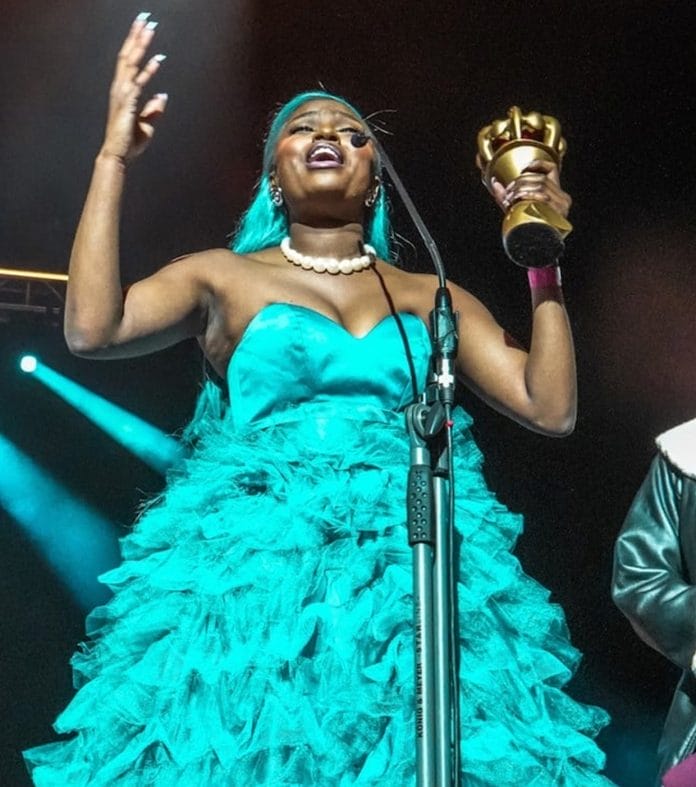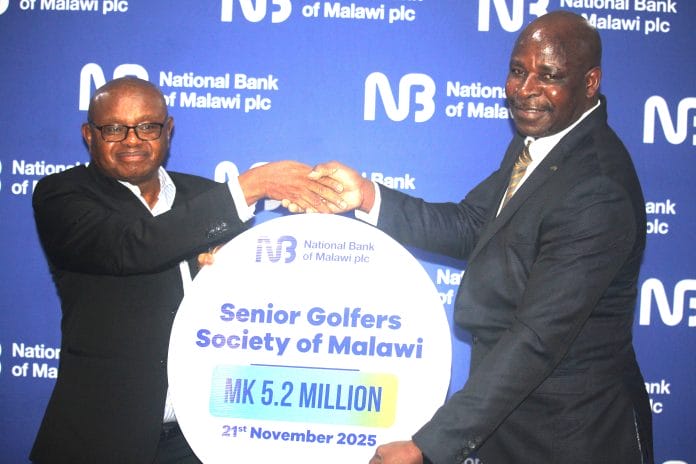
The Sheikh Tamim Bin Hamad Foundation (STBHF) expresses strong support for the historic peace framework initiated and hosted by the Emir of Qatar, His Highness Sheikh Tamim Bin Hamad Al-Thani, to end the bitter conflict in the Democratic Republic of Congo (DRC). At this crucial time, what the DRC and of course Africa needs urgently as a continent is total peace, culminating into political stability, democratic good governance, human rights, justice, freedom and dignity.
The peace framework was signed in Doha, the Qatari capital city, on 15th November, 2025 by the Government in Kinshasa and the M-23 rebel group. With this development, the STBHF urges both parties to sum-up great political courage, and exert further expeditious and systematic efforts, without recourse to violence, to resolve the hardcore political issues in order to achieve a lasting political settlement of decades of protracted conflict. The STBHF recognises the pivotal role played by the Emir of Qatar and the Qatari government in maintaining not only the ceasefire agreement, but also to ensure that a peace deal was signed, signaling hope to end Africa’s longest and devastating conflict in history.
The STBHF also takes this opportunity to urgently appeal to all citizens of the DRC, their political leaders and institutions to support a national consensus on the need for an end to the decades long conflict, which has devastated lives and destroyed the country’s infrastructure-based facilities and ruined its national economy. To this end, we encourage all member-states of the African Union (AU) to rally their support behind the DRC peace process with courage and vision, and ensure that no territory of Africa is used as a recruiting, or training or launching pad to continue the violence in the central African nation.
We urge the government in Kinshasa and the M23 rebel group militants to make every effort to promote an inclusive and comprehensive peace process, ending the untold suffering, misery and indignities associated with such a bitter conflict. Thus, we urge the two parties to take urgent action, on the premise that only the people of the DRC are best qualified, and not foreigners to be the architects of the destiny of their country.
And for the peace process to succeed, we call for sustainable support among Congolese people, given the complexity of the issues to be resolved. We know that the remaining negotiations will face significant challenges as they progress, but also, we believe with international financial assistance coming from peace and development partners, the people of the DRC will see tangible benefits of the entire process in their daily lives.
The STBHF recognizes restoring hope among the people of the DRC requires that all of them enjoy the benefits of the peace. The same also can be said that, building a national consensus for the difficult steps ahead in the DRC’s peace process require also great efforts to meet the social and humanitarian needs of war victims, including the poor, the unemployed, the internally displaced especially in the rural areas, the wounded, and women, children and the elderly people.
For lasting peace, the people of the DRC must unite to renounce violence and show their loyalty and respect for the principles of human rights, democracy, rule of law, and recognition of the rights of ethnic minorities. They must also focus on making ways to address justly the needs of all communities across the DRC, in order to combat poverty and foster social cohesion. Ending the violence is the only civilized and guaranteed step to remove the main barriers that militate against economic freedom, social progress and sustenance of the environment in the DRC. It is in this perspective that the STBHF is appealing to the Emir of Qatar to lead the global community to organize an international fundraising conference to help the reconstruction of the DRC, and to provide assistance to meet the immediate and priority needs of the people of the DRC. This is one of the many ways to help promote the peace process in the DRC.
While all areas of Eastern DRC have been seriously affected by the war, all the other regions have suffered the most extensive destruction and devastation. We commend the Emir of Qatar for his peace and development agenda across Africa, and pray that Allah Almighty continue to protect and guide him with vision, good health and long life.
We encourage all parties in the DRC’s peace process to collectively work towards providing the immediate needs of the war ravaged areas of their country, which continue to experience severe social-economic hardships and deprivation. We assure all parties to the peace process of our continued advocacy in promoting peace in the DRC. We stand ready also to launch a global campaign for immediate assistance to begin a process of resettling, rehabilitating internally displaced persons, addressing the needs of women and children and helping the population to restart their economic activities.
The STBHF explicitly condemns war and the application of war as an instrument to settle political differences, either at national, regional, continental or international level. We also adhere to cherished principles of peace and amity amongst member-states of the United Nations.
Naturally, the STBHF has had to counter various lies, hate messages and malicious attacks peddled in the mainstream media as well as the social media platform. We often dismiss these attacks as nothing but mere fake news or misinformation and disinformation campaigns intended to embarrass the Emir of Qatar and the Qatari people.
In a conflict regime, Qatar under the wise leadership of the authentic Emir, His Highness Sheikh Tamim Bin Hamad Al-Thani, advocates peaceful solutions based on international law, international humanitarian law and arbitration. With the Emir of Qatar now at the forefront of the peace process in the DRC, we warn against fake news designed to reverse progress in attempts to end the bitter conflict in the Central DRC.
Long live the great Emir of Qatar!
Long live Qatar-Africa Solidarity!!
Signed:
Miss Zainab Sanko
Chief Executive Director
The Sheikh Tamim Bin Hamad Foundation (STBHF)
Discover more from The Maravi Post
Subscribe to get the latest posts sent to your email.























